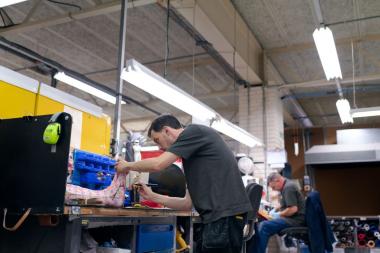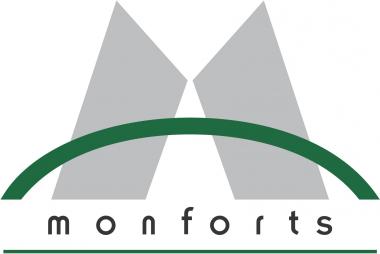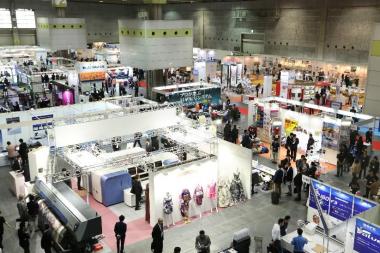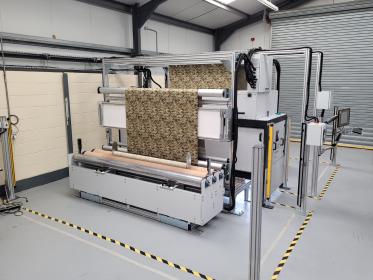ACIMIT: New Managing Director
Giorgio Calculli has been appointed new managing director of ACIMIT, the Association of Italian Textile Machinery Manufacturers. A law graduate with a Master’s degree in training and employment policies, he has been on staff at ACIMIT since 2006 as head of the Association’s training, internal relations and technical department. Calculli takes over as ACIMIT managing director from Federico Pellegata, who after 25 years managing the Association has been appointed CEO of ACIMIT Servizi srl, the company set up by ACIMIT to provide services in support of associated member companies for the promotion of the Italian textile machinery industry in Italy and abroad.
“It has been a truly enriching experience,” asserts Federico Pellegata, “for which I am grateful to our associated members, ACIMIT’s Board, and the Association’s presidents who have served during my years in ACIMIT. However, my commitment to continue to promote the Italian textile machinery sector by no means ends here. As CEO of ACIMIT Servizi, I will continue to work relentlessly to ensure that ITMA, the world’s primary textile machinery trade fair, remains a representative showcase for the success of Italian manufacturers in the sector, as has been the case for the editions of the exhibition held in Italy in 2015 and 2023.”
ACIMIT managing director Giorgio Calculli comments: “I wish to thank the Board of ACIMIT for the appointment and for the opportunity to lend continuity to the work carried out by Federico Pellegata, for whom the success enjoyed at the latest edition of ITMA is only the most evident expression. I will work to further develop the membership base and ensure member companies receive maximum support from the Association in their business activities.”
ACIMIT






















